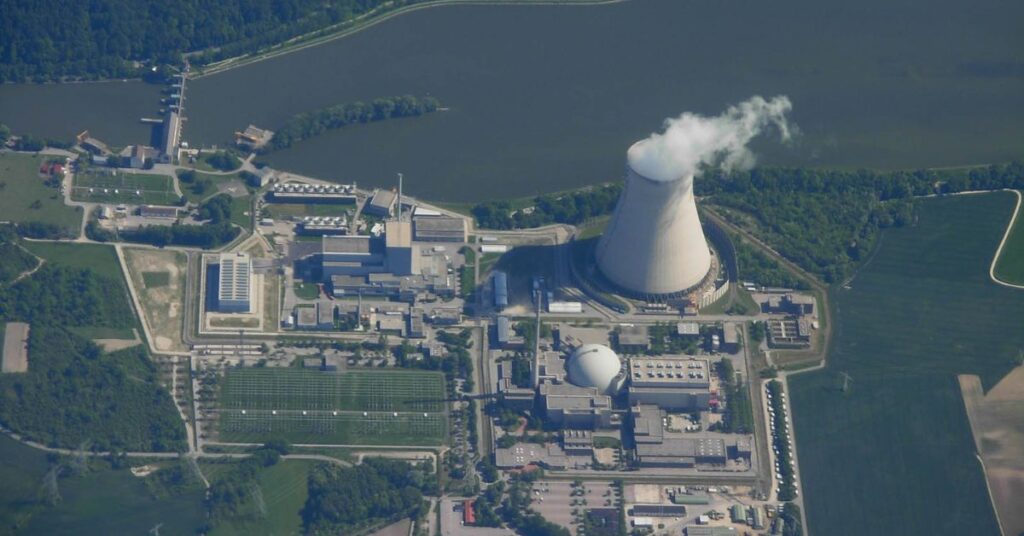the Australian government has firmly declined to participate in a new nuclear energy development agreement led by the United Kingdom and the United States. This decision comes amid growing international efforts to advance nuclear technology for decarbonization and energy security.
The agreement, signed by UK Energy Secretary Ed Miliband and US Deputy Secretary of Energy David Turk at COP29 in Baku, aims to accelerate the deployment of advanced nuclear technologies.
It focuses on pooling nuclear research and development resources, with a particular emphasis on innovative solutions like advanced modular reactors.

Australia’s stance on the matter was clarified by a spokesperson for Energy Minister Chris Bowen, who is currently attending the COP meeting. The spokesperson stated that Australia would not be signing the agreement due to the absence of a nuclear energy industry in the country.
They emphasized that Australia’s abundant renewable energy resources make nuclear power, including small modular reactors, an unviable option for the nation’s decarbonization efforts.
The Australian government’s position reflects its current energy policy, which prioritizes renewable sources over nuclear power. Acting Prime Minister Richard Marles reinforced this stance in parliament, arguing that pursuing nuclear energy would significantly increase household electricity bills in Australia.
However, the decision has not been without controversy. Opposition leader Peter Dutton criticized the government’s approach, suggesting that Australia is becoming an “international embarrassment” under the current leadership. The opposition has been advocating for nuclear power as a key component of their energy policy, identifying potential sites for nuclear plants across the country.
Despite declining to sign the agreement, Australia will maintain observer status. This position allows the country to support its scientists in other nuclear research fields while staying informed about international developments in nuclear technology.
The UK-US agreement aims to foster collaboration among leading academic institutions and nuclear innovators. It supports the broader commitment made at COP28 to triple global nuclear energy capacity by 2050, a goal endorsed by 31 countries, including the UK and the US.
As the global community continues to grapple with climate change and energy security challenges, Australia’s decision highlights the diverse approaches countries are taking in their energy policies.
While some nations are embracing nuclear power as part of their clean energy strategy, others, like Australia, are focusing on alternative renewable sources to meet their energy needs and climate goals.